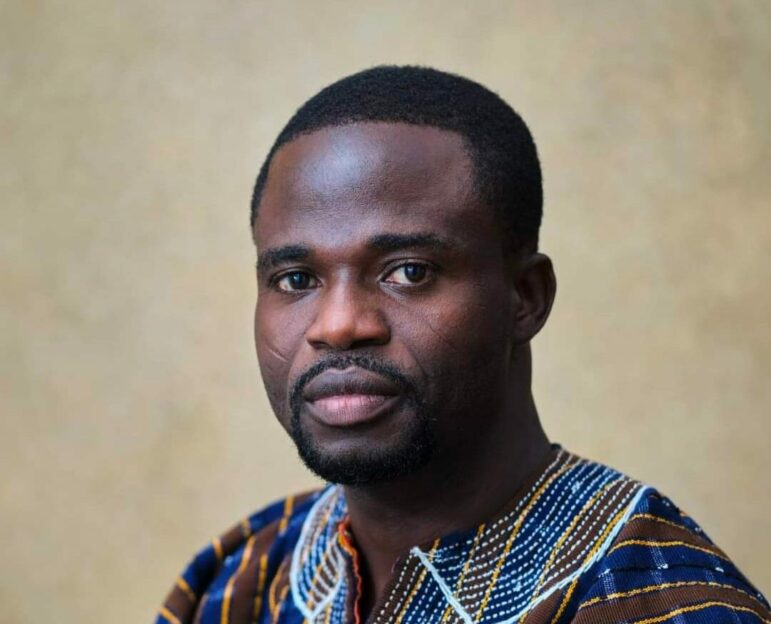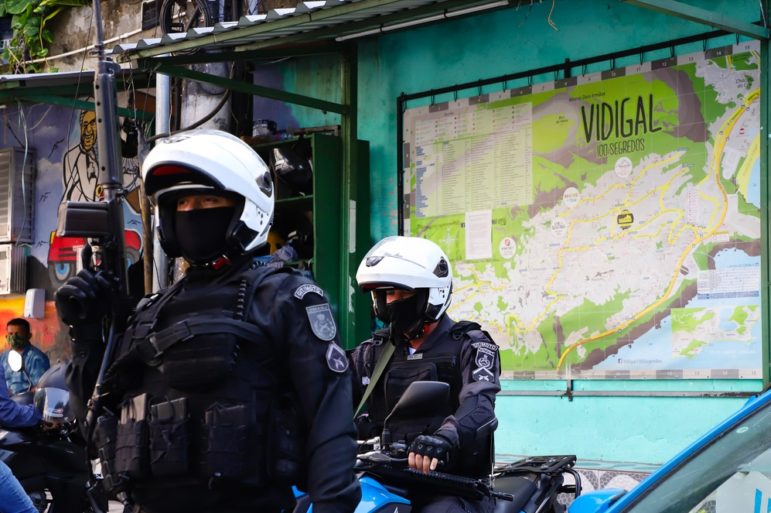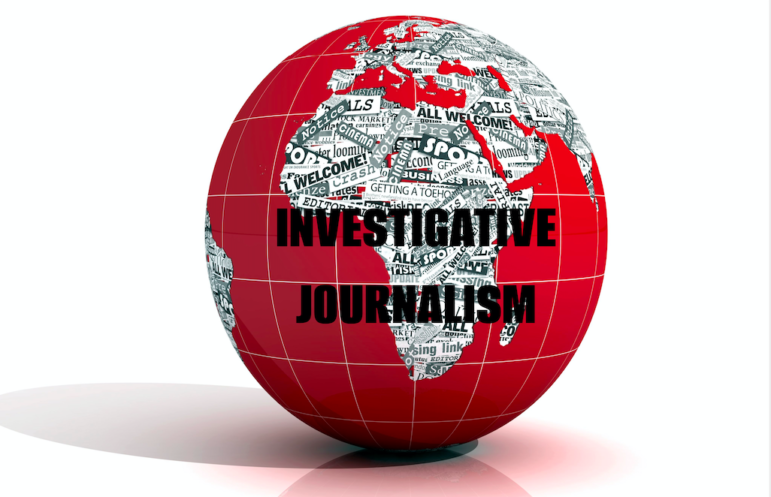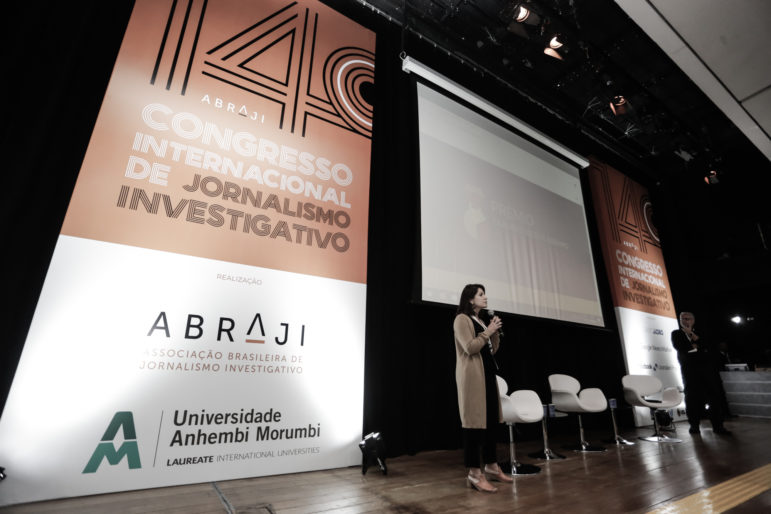
Getting the Story Out
Investigative Journalism in Africa: A Book From the Frontlines
The award-winning Ghanaian journalist Manasseh Azure Awuni says there are a series of challenges that investigative reporters in Africa must confront during the course of their work. Read about the difficulty of getting accurate data, the challenges of impunity, funding issues, and press freedom challenges in this excerpt from his new book.









